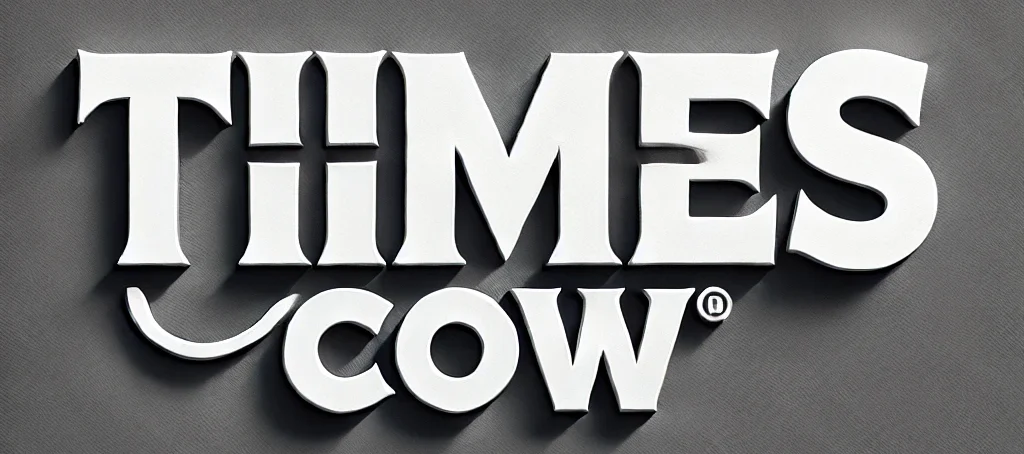India’s electric vehicle (EV) sector is poised for a major leap as both government bodies and industry leaders join forces to accelerate EV adoption across the country. A recent high-level meeting chaired by Minister for Commerce and Industry Piyush Goyal brought together major stakeholders, including Tata Motors, TVS, and Mercedes-Benz India, to discuss critical issues surrounding EV infrastructure, particularly battery charging and swapping networks.

Addressing Infrastructure Challenges
According to a report by PTI, the primary focus of the meeting was on upgrading battery charging and swapping infrastructure. Industry representatives emphasized the importance of strategically placing charging stations and adopting universal standards to ensure compatibility across different EV models.
The government acknowledged these concerns and assured stakeholders of its commitment to building a robust and reliable network that would bolster consumer confidence in EVs and meet the growing market demand.
As part of the FAME-II (Faster Adoption and Manufacturing of Electric Vehicles) scheme, the government plans to establish 10,763 public charging stations across India. This initiative aims to mitigate range anxiety among consumers and make EVs a viable option for daily commuting.
Policies to Attract Global Players
To position India as a global hub for EV manufacturing, the government has rolled out policies offering lucrative incentives to companies investing over $500 million in local production facilities. Major international players, including Tesla, Mercedes-Benz, BMW, and Audi, are already eyeing the Indian market as part of their expansion strategies.
India’s growing EV market is projected to reach 10 million units in annual sales by 2030, creating 50 million direct and indirect job opportunities, as highlighted in the Economic Survey 2022-23. This surge in demand underscores the country’s potential to become a key player in the global EV ecosystem.
Boosting Electric Mobility Through Targeted Schemes
In recent years, the government has launched several initiatives to promote electric mobility. The PM E-DRIVE scheme aims to significantly increase the deployment of electric buses, three-wheelers, and two-wheelers. The scheme targets:
- 14,028 electric buses
- Over 2 lakh electric three-wheelers
- Nearly 25 lakh electric two-wheelers
Additionally, the scheme supports e-trucks, e-ambulances, and the development of advanced testing facilities to ensure the safety and performance of EVs on Indian roads.
Industry Leaders Driving the EV Market
India’s EV market is currently led by Tata Motors, which dominates the passenger EV segment with popular models like the Nexon EV, Tiago EV, Punch EV, and Tigor EV. Meanwhile, companies like JSW and MG Motor India are witnessing a steady rise in EV sales with offerings such as the Windsor EV and Comet EV.
However, industry insiders stress that collaboration between manufacturers, policymakers, and infrastructure developers is crucial to achieving the ambitious EV targets set by the government.







